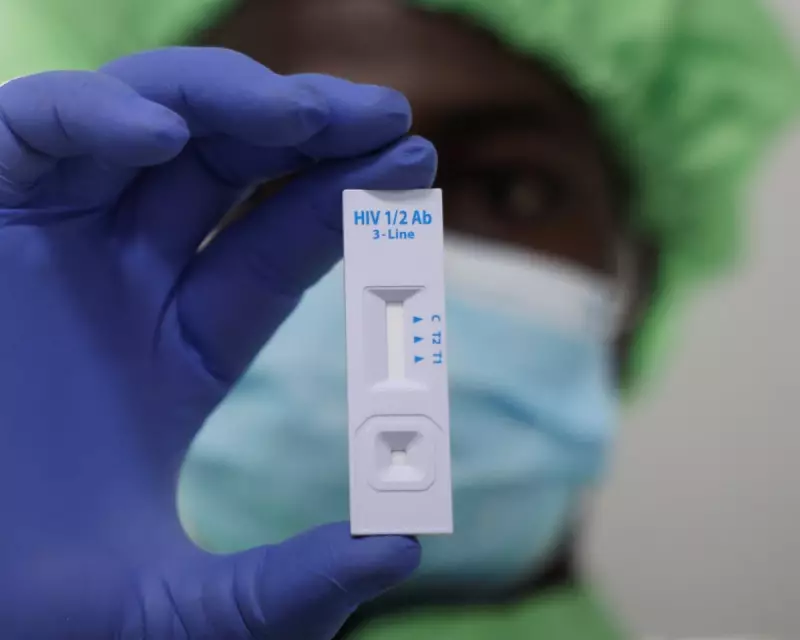
The UK government faces mounting criticism from global health advocates after announcing a significant reduction to its contribution for fighting infectious diseases worldwide. The 15% cut to the Global Fund to Fight AIDS, Tuberculosis and Malaria comes at a particularly sensitive time, as Britain co-hosts this year's replenishment drive alongside South Africa.
Funding Reduction Details
On Tuesday, the government confirmed a £850 million commitment to the Global Fund for the coming period, representing a substantial decrease from the £1 billion pledge made during the last funding round. This reduction forms part of the UK's broader strategy to shift aid spending from 0.5% to 0.3% of GDP, with redirected funds allocated to defence priorities.
British development minister Jenny Chapman defended the decision, stating that in dollar terms, this year's funding represents only 5% less than the amount pledged for 2023-25. She emphasised that the contribution would still save up to 1.3 million lives and prevent as many as 22 million new infections of HIV, tuberculosis and malaria.
African Leaders Voice Concerns
Health experts and campaigners have expressed deep concern about the practical consequences of the funding reduction. Professor Kenneth Ngure, president-elect of the International AIDS Society based in Kenya, highlighted the Global Fund's remarkable achievement in cutting deaths from HIV, TB and malaria by half since 2002.
"Any reduction in support will have consequences – forcing African countries to make impossible choices as they strive to protect the most vulnerable," Professor Ngure warned. He also raised specific concerns that funding cuts could jeopardise the rollout of new HIV prevention drugs considered potential gamechangers in the fight against the virus.
Joy Phumaphi, executive secretary of the African Leaders Malaria Alliance, acknowledged the UK's continued commitment but stressed that the reduced contribution would have real consequences across Africa, resulting in fewer bed nets, medicines and diagnostics reaching those most in need.
Broader Implications and Calls to Action
Campaigners fear the UK's decision could trigger a domino effect, with other donor nations following Britain's example and reducing their own commitments. Research published in October presented alarming projections, suggesting that a 20% cut to the overall Global Fund would result in 330,000 additional deaths by 2040 from malaria alone.
John Plastow, executive director at Frontline AIDS, voiced disappointment at the reduced pledge: "We expected a stronger show of leadership, reflecting a proud UK legacy of support to the global goal of ending AIDS." He urged the UK government to make an explicit commitment to increase its Global Fund pledge later in the three-year replenishment period when additional funding becomes available.
Adrian Lovett, UK executive director of the One campaign, proposed a practical solution, suggesting that £74 million saved by reducing hotel accommodation costs for asylum seekers could be used to top up the Global Fund pledge.
Despite the criticism, some voices expressed gratitude for the UK's ongoing support. Dr Andriy Klepikov, director of Ukraine's Alliance for Public Health, noted that the Global Fund had enabled more than half a million Ukrainians to access HIV and TB services during the war, and thanked the UK for its "generous contribution in the current challenging context."
Campaigners are now calling on Prime Minister Keir Starmer to demonstrate leadership by attending the replenishment summit in Johannesburg later in November and working to secure additional funding to bridge the gap created by the reduction.





